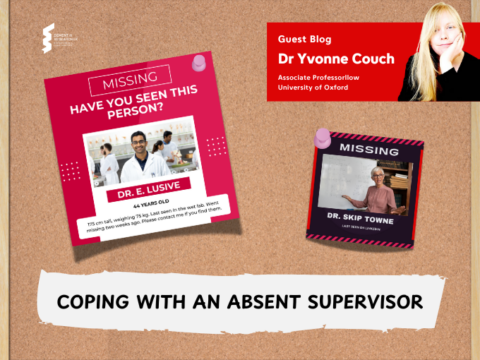
Tabitha Broadbelt
Name:
Tabitha Broadbelt
Job title:
Postdoctoral Researcher
Place of work / study:
University of Oxford
Area of Research:
Behavioural Neuroscience, Learning and Memory, Network Dynamics.
How is your work funded?
Medical Research Council
Tell us a little about yourself:
I studied Neuroscience at the University of Bristol where I did an MSci with a year in industry. During that year in industry, I worked at Janssen Pharmaceutica in the in vivo department implementing an electrophysiological technique to test potential dementia drugs. For my PhD, I stayed in dementia research but moved into behavioural mouse models of amyloid pathology when I joined Dr Szu-Han Wang’s group at the University of Edinburgh. In 2023, I joined Prof David Dupret’s group at the University of Oxford as a postdoctoral researcher to study memory-guided behaviour using optogenetics and large-scale single-unit recordings.
In June 2023, Tabitha joined the Dupret Group as a Postdoctoral Researcher, where she will use optogenetics and large-scale single-unit recordings combined to study memory-guided behaviour.
Tell us a fun fact about yourself:
I gave a presentation to my class in primary school on the human brain and that’s what started my passion for Neuroscience, I very nearly did it on blood so I could have had a whole different career!
Why did you choose to work in dementia?
I’m fascinated by how we learn and remember as so many complex interactions occur. Issues with memory are a large part of the symptoms of dementia which is a horrific disease to endure. I hope that by better understanding how learning and memory work, and how the disease interferes with this, we are able to come up with better treatments (and maybe even a cure?).
What single piece of advice would you give to an early career researcher?
Be friendly to everyone: lab techs, fellow student, porters… you never know when you might need help with something or just a friendly face on a bad day!
What book are you reading right now? Would you recommend it?
I’m reading Wilding by Isabella Tree. It’s fun to read about a different kind of experimentation (highs and fails), and all the descriptions of nature are very soothing!

 Print This Post
Print This Post





